Filter by
The language used throughout the course, in both instruction and assessments.
178 results for "c++"
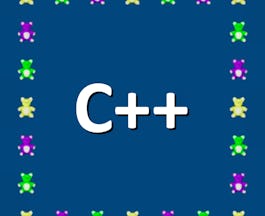
University of Colorado System
Skills you'll gain: Computer Programming, C Programming Language Family, Computer Programming Tools, Programming Principles

University of London

Coursera Project Network
Skills you'll gain: Computer Programming, Computer Science, Leadership and Management

Duke University
Skills you'll gain: Algorithms, C Programming Language Family, Computational Logic, Computer Programming, Critical Thinking, Problem Solving, Process Analysis, Programming Principles, Data Visualization, Theoretical Computer Science
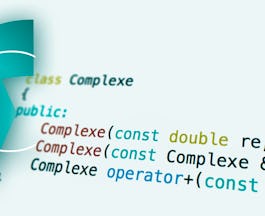 Status: Free
Status: FreeÉcole Polytechnique Fédérale de Lausanne
Skills you'll gain: C Programming Language Family, Computer Programming, C++ Programming, Programming Principles
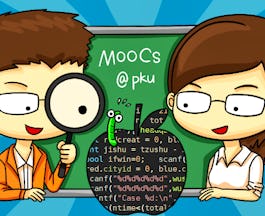
Peking University
Skills you'll gain: C++ Programming, Computer Programming, C Programming Language Family
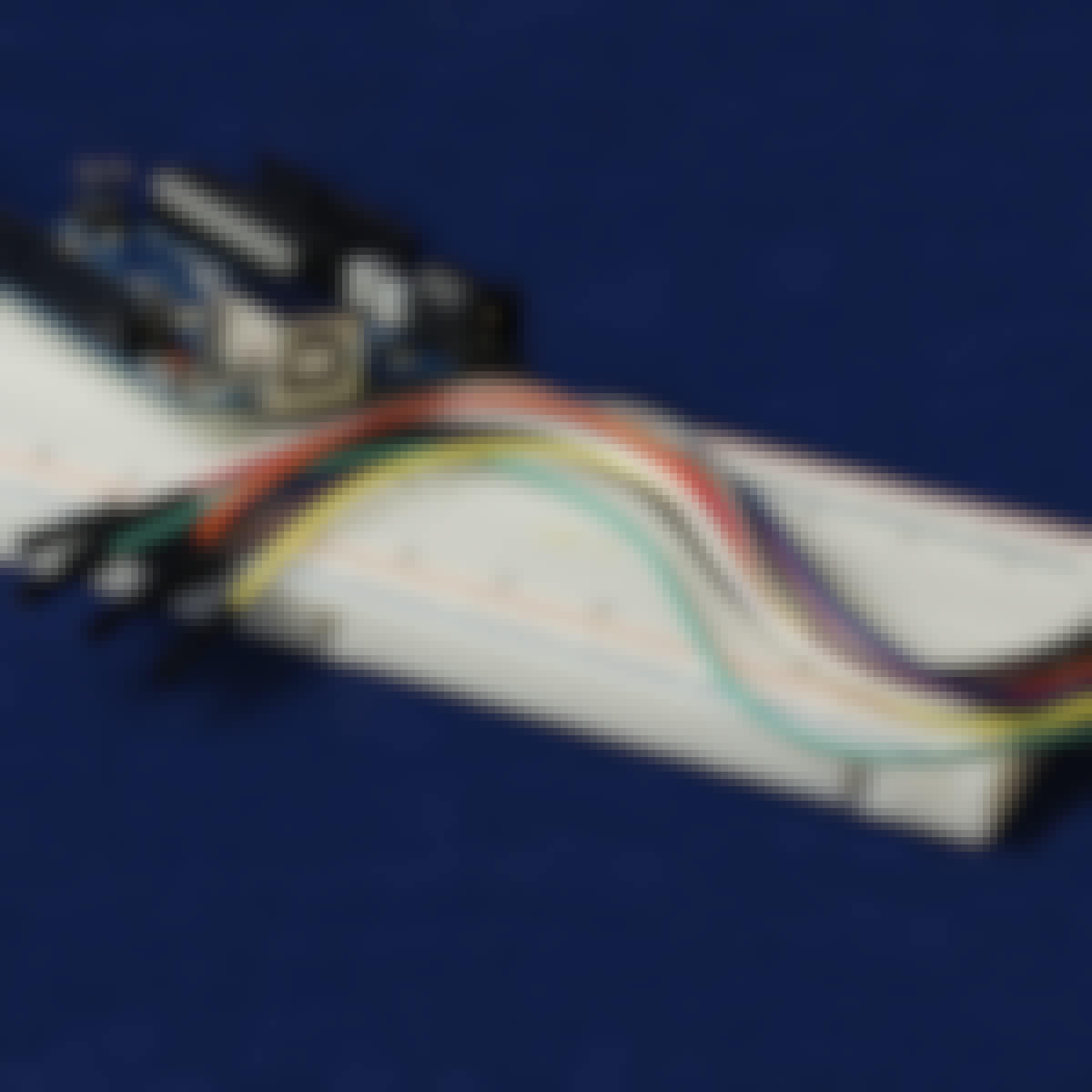
University of California, Irvine
Skills you'll gain: C Programming Language Family, Computer Programming, Computer Programming Tools, Internet Of Things, Problem Solving, Programming Principles, C++ Programming, Microarchitecture, System Programming, Algorithms
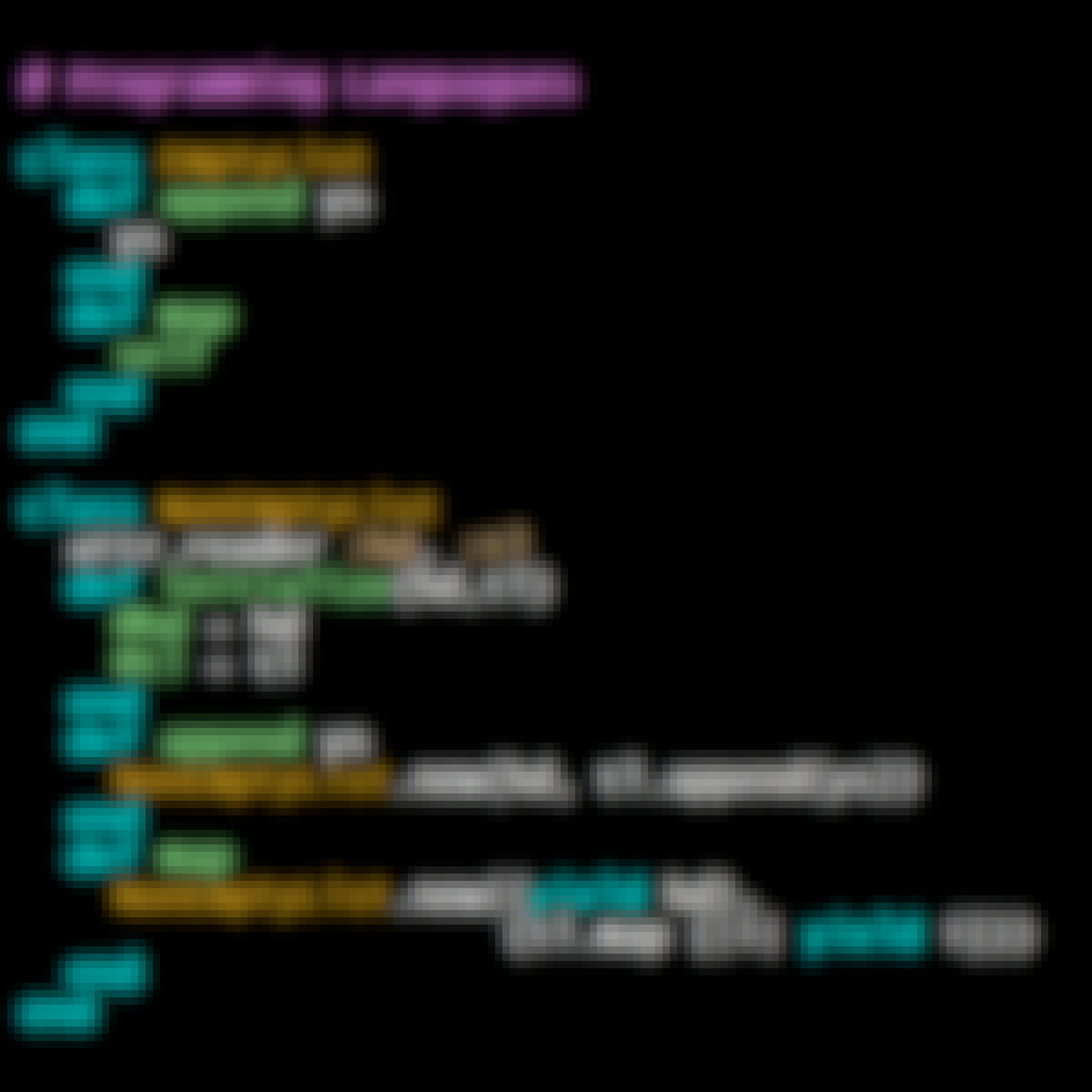 Status: Free
Status: FreeUniversity of Washington
Skills you'll gain: Computer Programming, Other Programming Languages

Vanderbilt University
Skills you'll gain: Computer Programming, Matlab, Problem Solving, Programming Principles

Coursera Project Network
Skills you'll gain: Computer Programming, Python Programming

Peking University
Skills you'll gain: Problem Solving, Leadership and Management, Algebra, Computer Programming, Programming Principles, C++ Programming, Mathematics, Calculus, Computational Logic, Computational Thinking, C Programming Language Family, Mathematical Theory & Analysis, Python Programming, Algorithms, Data Structures

University of Michigan
Skills you'll gain: Computer Programming
In summary, here are 10 of our most popular c++ courses
- Introduction to C++ Programming and Unreal: University of Colorado System
- C++ Programming: Classes and Data: University of London
- Project: Creating Your First C++ Application: Coursera Project Network
- Programming Fundamentals: Duke University
- Introduction à la programmation orientée objet (en C++): École Polytechnique Fédérale de Lausanne
- C++程序设计: Peking University
- The Arduino Platform and C Programming: University of California, Irvine
- Programming Languages, Part C: University of Washington
- Introduction to Programming with MATLAB: Vanderbilt University
- Introduction to Python: Coursera Project Network










